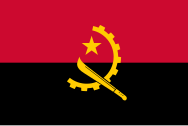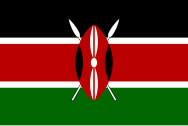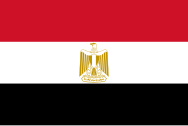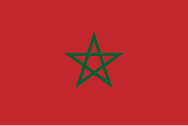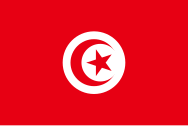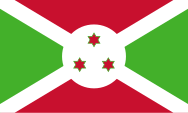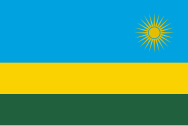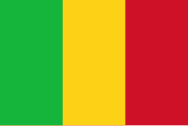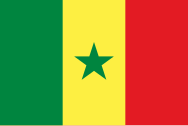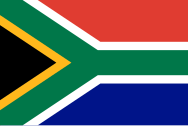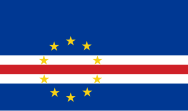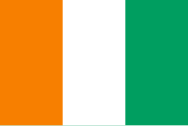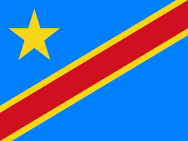- Lesotho - History
- Lesotho - Kingdoms
- Lesotho - Royal Archives
- Lesotho - Treaties
- Lesotho - Economy
- Lesotho - Technology
- Lesotho - Diaspora
- Lesotho - Culture
- Lesotho - Migration
- Lesotho - Museums
- Lesotho - Architecture
- Lesotho - Education
- Lesotho - Geneology
- Lesotho - Music
- Lesotho - Art
- Lesotho - Dance
- Lesotho - General
- Lesotho - People
Lesotho
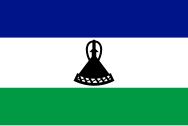
Country Flag
Lesotho, formally the Kingdom of Lesotho, formerly known as Basutoland, is a landlocked country in Southern Africa. As an enclave of South Africa, with which it shares a 1,106 km (687 mi) border, it is the largest sovereign enclave in the world, and the only one outside of the Italian Peninsula. It is situated in the Maloti Mountains and contains the highest peak in Southern Africa. It has an area of over 30,000 km2 (11,600 sq mi) and has a population of about two million. Its capital and largest city is Maseru. The country is also known by the nickname The Mountain Kingdom/The Kingdom in the Sky.
The Sotho ethnic group (also known as Basotho), from which the country derives its name, composes 99.7% of the country's current population, making it one of the most ethnically homogeneous in the world. Their native language, Sesotho, is the official language along with English. The name Lesotho translates to "land of the Sesotho speakers".
Lesotho was formed in 1824 by King Moshoeshoe I. Continuous encroachments by Dutch settlers made the King enter into an agreement with the British Empire to become a protectorate in 1868 and, in 1884, a crown colony. It achieved independence in 1966, and was subsequently ruled by the Basotho National Party (BNP) for two decades. Its constitutional government was restored in 1993 after seven years of military rule. King Moshoeshoe II was exiled in 1990 but returned in 1992 and was reinstated in 1995. One year later, Moshoeshoe II died and his son Letsie III took the throne, which he still holds.
Lesotho is considered a lower middle income country with significant socioeconomic challenges. Almost half of its population is below the poverty line, and the country's HIV/AIDS prevalence rate is the second-highest in the world. However, it also targets a high rate of universal primary education and has one of the highest rates of literacy in Africa (81% as of 2021). Lesotho is a member of the United Nations, the Non-Aligned Movement, the Commonwealth of Nations, the African Union, and the Southern African Development Community. According to 2023 V-Dem Democracy indices, Lesotho is ranked 64th electoral democracy worldwide and 7th electoral democracy in Africa.


